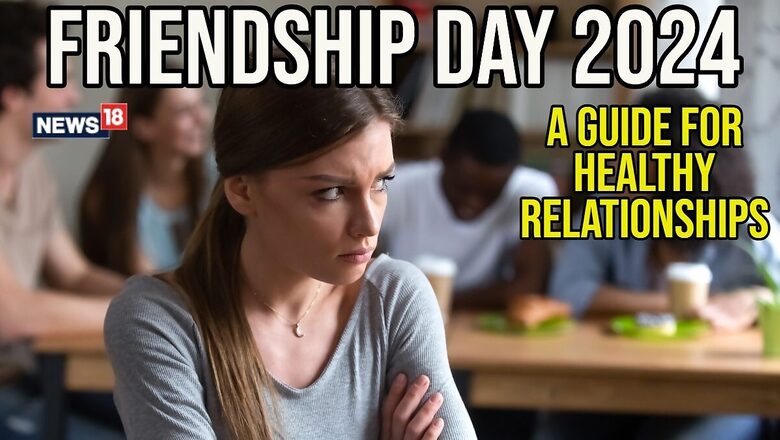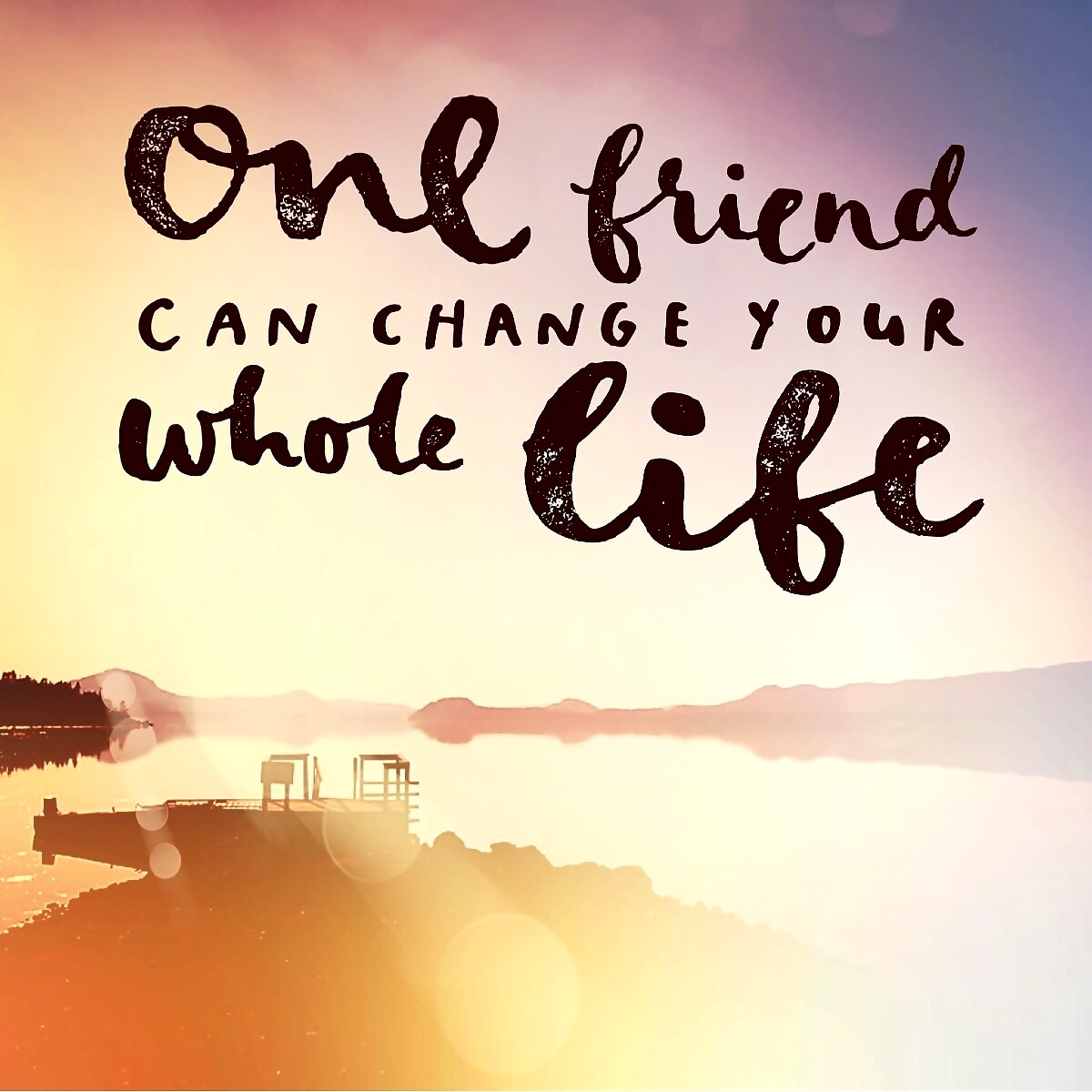
242
views
views
Like any other relationship, friendship also needs the exact amount of effort and love.
Friendship is a close, supportive, and mutually beneficial relationship between individuals. It brings joy, laughter, and support to our lives. Like any relationship, we do face ups and downs in friendship too. Friendship is a multi-faceted relationship that significantly impacts our emotional and social well-being.

Dealing with friendship conflicts requires a blend of empathy, communication and problem-solving skills. As we celebrate Friendship Day today on August 4, here are some steps to help navigate these situations:
- Stay CalmTake a moment to cool down before responding to avoid escalating the situation. Give yourself time to reflect on your feelings and the conflict. Approach the conflict with a calm and open mindset. Avoid letting emotions like anger or frustration drive your responses.
- Communicate OpenlyCommunication is key to resolving conflicts with a friend. It’s important to express your thoughts and feelings calmly and respectfully. Express your feelings and concerns honestly but respectfully. Use “I” statements to focus on your own experience rather than placing blame.
- Listen ActivelyGive your friend a chance to share their perspective. Listen without interrupting and try to understand their point of view. Show that you are genuinely interested in understanding their point of view. Acknowledge your friend’s feelings and experiences. Even if you don’t agree, understanding their perspective can help in finding common ground.
- Seek Common GroundIdentify areas of agreement and shared interests to help build a foundation for resolution. This can help bridge the gap and foster a collaborative approach to resolving the conflict. Work collaboratively to find a resolution that addresses both parties’ concerns. Be open to compromise and flexible in your approach.
- Apologise and ForgiveIf you realize you were at fault, offer a sincere apology. Be willing to forgive your friend if they apologize. Take responsibility for your actions and express a commitment to making amends.
- Set Boundaries if NeededIf the conflict is ongoing and unresolved, it might be helpful to set boundaries to protect your well-being. This helps protect your well-being while maintaining the relationship. If you need space or specific changes in the relationship, communicate these boundaries respectfully and clearly.
- Follow up and follow throughA conflict might not end just after talking to each other. It’s important to follow up and follow through on the agreements and solutions that you both have made to make this friendship work.




















Comments
0 comment